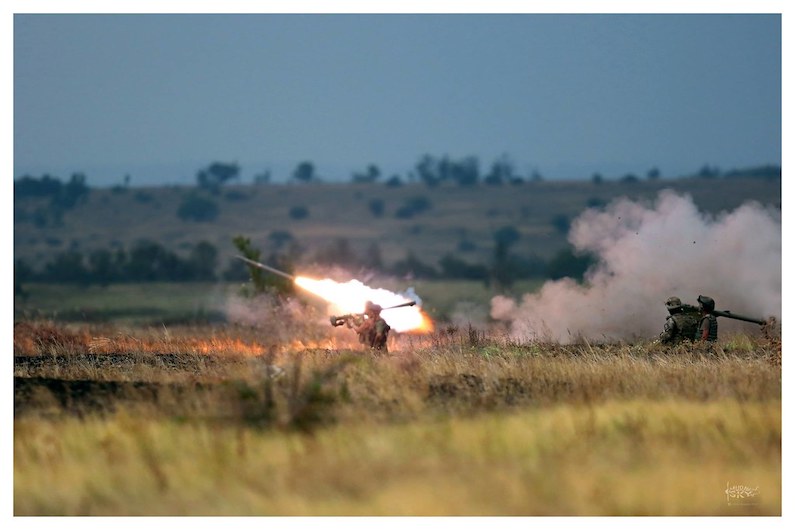Environmental Impact of War
The continuing war being waged between Russia and Ukraine threatens to damage not only the physical infrastructure of towns and cities but also to disrupt communications networks—roads, railroads, and bridges. It will also extract a heavy toll on agriculture: killing livestock, destroying crops, and causing long-lasting environmental problems.
Even when the war eventually stops, the impact of it on the economy and the environment will be felt for decades to come.
In addition to the physical destruction, the vehicles involved in fighting the war; providing supplies, ammunition, and food to the troops, are emitting vast quantities of greenhouse gases with the consequent environmental impact.
A 2019 report published by Brown University’s Watson Institute of International and Public Affairs
estimated that at least 1.2 million metric tons of greenhouse gases (equivalent to the annual emissions of 257 million passenger cars) were released following the 2011 “War on Terror”. As well as the output of noxious emissions of carbon monoxide, carbon dioxide, nitrogen oxides, hydrocarbons, and sulfur dioxide from military vehicles, illegal logging in Afghanistan caused widespread deforestation with the inevitable destruction of the wildlife habitat, according to the report. It is to be expected that similar damage to the environment will be suffered in Ukraine.
Urban Devastation
The Russian strategy of besieging cities and demoralizing the citizens by constantly shelling them with artillery and targeting hospitals, schools, and apartment blocks has resulted in many areas now being uninhabitable, as well as dangerous because of damage to structures, and unexploded ordnance.
The devastation can be seen in the burned out cars and buildings, not to mention the bodies that were left behind—so many that the Russians took in mobile crematoria to dispose of them and hide the extent of the horrors visited on the civilian population.
Industrial Dangers
The eastern area of Ukraine has the main concentration of heavy industry, including coal mines and chemical refineries. It has not yet been possible to assess the damage to those facilities, but it is known that many coal mines were forced to shut down and, without proper methods of pumping out the water that accumulates below ground level, they are now flooding. That will cause leaching of potentially hazardous and toxic chemicals into the groundwater.
There are even greater concerns about the nuclear reactors and Chernobyl in particular. It is known that the Russians took control of the defunct facility and during their occupation, they dug out underground facilities and apparently they also buried heavy equipment there. The soldiers who were there are likely to suffer the consequences of radiation sooner or later and the dust and debris they disturbed may well have lasting consequences for the local community.
The Chernobyl nuclear reactor that exploded, was sealed in 2019 under a massive metal structure, but there are three other reactors, containing spent fuel and hazardous isotopes, that remain fully exposed. If any of those were to be breached by shelling or bombs, the ensuing disaster could be greater than the original explosion and would affect not just Ukraine but much of Europe as well.
Agricultural Prospects
The war has destroyed huge areas of arable land, leading to speculation that the country may face serious food shortages, possible even famine. And the areas that haven’t been physically blighted may have unexploded bombs or minefields, endangering animals and the local population.
The problems are not limited to land-based enterprise: the Black Sea has been polluted after the Russians blew up oil exporting pipelines—endangering fish and other inhabitants of the ocean.
On the positive side, there are some environmental activists in Ukraine, and they are working to increase awareness of the potential fallout from the war and encouraging actions to mitigate the impact on the population and the environment. We can only hope that they prevail.


Recent Comments